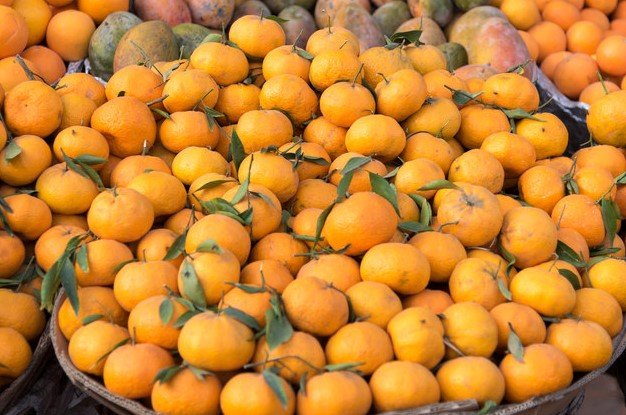Egypt has achieved a major milestone by exporting 210,000 tonnes of food and agricultural products in just one week. This surge, reported by officials, highlights the country’s growing role in global markets and comes amid efforts to boost safety standards and reach new buyers.
Surge in Weekly Shipments
Egypt’s export sector showed strong performance last week with 210,000 tonnes of goods shipped out. These included a wide range of items from vegetables to fruits and processed foods.
The total involved 3,400 consignments handled by 1,220 companies. This activity points to a busy period for ports and airports across the nation.
Officials noted that the exports covered about 660 different categories. Molasses, known as black honey, joined fresh produce like tubers and various fruits in the mix.
This weekly figure fits into a larger trend of growth in 2025. Egypt continues to push boundaries in agriculture, building on years of investment in farming and trade.
Leading Products and Volumes
Vegetables led the pack with 30,000 tonnes exported. Sweet potatoes topped the list at 11,000 tonnes, showing high demand for this crop.
Other key vegetables included mixed varieties at 5,000 tonnes and onions at 4,000 tonnes. In total, 45 types of vegetables made it to international shelves.

Fruits followed closely with 26,000 tonnes. Strawberries claimed the top spot at 8,000 tonnes, with mangoes at 7,000 tonnes and pomegranates at 4,000 tonnes.
A total of 30 fruit varieties were part of these shipments. Processed foods and other items rounded out the diverse export lineup.
Here is a breakdown of the top exported items by category:
| Category | Top Item | Volume (Tonnes) | Other Notable Items |
|---|---|---|---|
| Vegetables | Sweet Potatoes | 11,000 | Mixed Vegetables (5,000), Onions (4,000) |
| Fruits | Strawberries | 8,000 | Mangoes (7,000), Pomegranates (4,000) |
| Other | Molasses | Not Specified | Tubers, Processed Foods |
Global Reach and Key Markets
These products reached 180 countries around the world. Italy, India, the United States, and the United Kingdom stood out as major importers.
This wide distribution underscores Egypt’s ability to meet diverse needs in global food supply chains. The country’s produce is gaining trust for its quality and reliability.
Ports played a crucial role in this success. Alexandria Port handled 520 consignments, making it the busiest hub.
Safaga Port followed with 510, and Cairo International Airport managed 437. These locations ensure smooth logistics for timely deliveries.
Boost from Safety Measures
To support this growth, authorities issued 1,000 health certificates last week. These documents confirm that products meet strict global safety rules.
A new unified system, rolled out earlier in 2025, has streamlined the process. It helps build confidence among buyers and opens doors to more markets.
This focus on standards ties into broader goals. Egypt aims to expand its agricultural footprint while ensuring food security at home.
Experts say such measures reduce risks and enhance the reputation of Egyptian goods abroad.
Year-to-Date Progress and Economic Impact
So far in 2025, Egypt’s agricultural exports have hit 6.5 million tonnes. This marks a rise of 600,000 tonnes over the same period last year.
Citrus fruits lead overall with 1.9 million tonnes, followed by potatoes at 1.3 million tonnes. These numbers reflect strong production and demand.
The growth has added eight new markets this year. It shows Egypt’s push to diversify and strengthen trade ties.
Economically, this boom supports jobs in farming and logistics. It also brings in vital foreign currency, aiding the nation’s recovery efforts.
Recent events, like investments in irrigation and tech, have fueled this progress. For instance, projects to reclaim land have increased output of key crops.
Future Outlook for Exports
Looking ahead, experts predict continued growth. With sweet potatoes and other tubers in season, weekly figures could stay high.
Egypt ranks as Africa’s top producer in wheat, onions, tomatoes, and more. This position gives it an edge in global trade.
Challenges like water scarcity remain, but ongoing reforms address them. New trade deals could further boost volumes.
- Key factors driving future success include better farming techniques.
- Stronger ties with importers in Europe and Asia.
- Ongoing improvements in product quality and certification.
This weekly achievement is a step toward even bigger goals in 2025 and beyond.
What do you think about Egypt’s export growth? Share your thoughts in the comments and spread the word to others interested in global trade.
